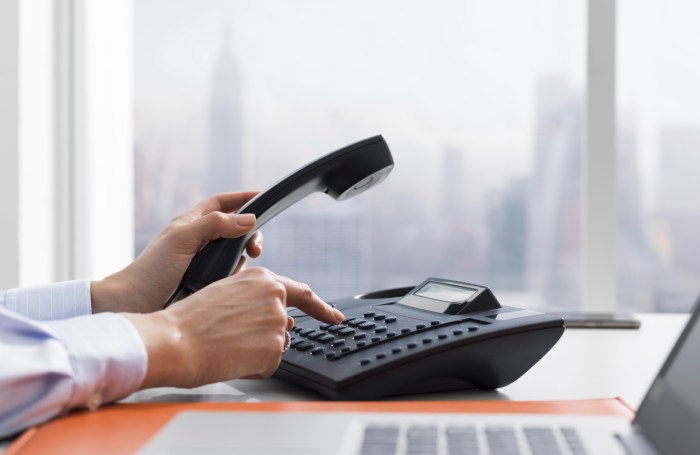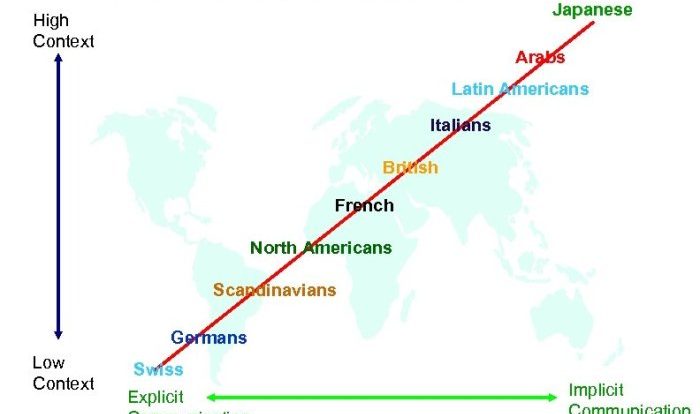When documenting a telephone call you should – When documenting a telephone call, it is imperative to adhere to specific guidelines to ensure accuracy, completeness, and security. This comprehensive guide will delve into the key aspects of effective telephone call documentation, providing valuable insights for businesses and individuals alike.
Documenting Call Information

Documenting call information is crucial for maintaining accurate records and ensuring efficient follow-up. This includes capturing the caller’s name, contact information, and the purpose of the call. A call logging system can automate this process, providing a centralized repository for all call data.
Effective call documentation requires using specific phrases or templates to ensure consistency and accuracy. For example, “Caller reported an issue with product X” or “Scheduled a follow-up call for next week” provide clear and concise summaries of the call.
Noting Call Outcomes
Documenting call outcomes is essential for tracking progress and identifying areas for improvement. Successful calls should be noted along with any actions taken or decisions made. Missed calls and unresolved issues should also be documented, including any follow-up actions or deadlines.
Handling Sensitive Information, When documenting a telephone call you should
When documenting sensitive information, ethical and legal considerations must be taken into account. Caller privacy and confidentiality must be protected, and appropriate security measures should be implemented to safeguard data.
Encryption and other security protocols can help ensure the integrity and privacy of sensitive information.
Structuring Documentation
Clear and concise documentation is essential for easy retrieval and analysis. Using a table format can organize call details efficiently, with columns for caller information, call outcomes, and follow-up actions.
Templates and standardized formats can help ensure consistency and accuracy in documentation.
Reviewing and Archiving Documentation
Regularly reviewing and archiving call documentation ensures its accuracy and accessibility. A central repository for call records allows for easy retrieval and analysis.
Establishing a system for reviewing and archiving documentation is essential for maintaining an organized and efficient record-keeping system.
General Inquiries: When Documenting A Telephone Call You Should
What are the key elements of effective telephone call documentation?
Effective telephone call documentation includes the caller’s name, contact information, purpose of the call, call outcome, follow-up actions, and deadlines.
Why is it important to protect caller privacy and confidentiality?
Protecting caller privacy and confidentiality is crucial to maintain trust and comply with ethical and legal obligations.
What measures can be taken to safeguard sensitive information during telephone calls?
Encryption, secure communication channels, and restricted access to call records are essential measures to protect sensitive information.


